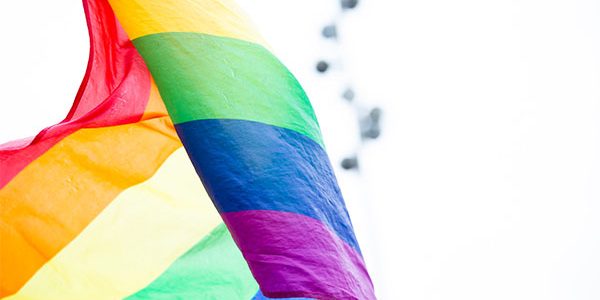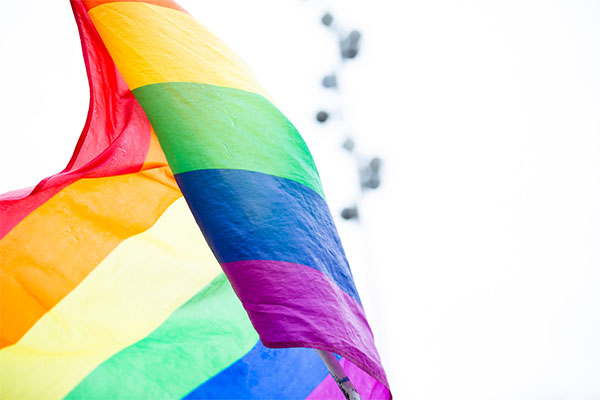The legalization of same-sex marriages in 2015 significantly impacted the rights of the lesbian, gay, bisexual, and transgender community.Meanwhile,when it comes to divorce, the same laws that govern heterosexual marriages apply to gay couples who decide to call it quits.
In New Jersey, same-sex marriage became legal in 2013. Prior to that year, the New Jersey State Legislature signed NJSA 37:1-28 into law. This afforded same-sex couples living together in committed relationships the same benefits and rights granted to married heterosexual couples.
The law regarding civil unions is referred to as the Domestic Partnership Act. Not all LGBTQ couples committed in civil unions decided to marry once the law legally allowed them to do so. Truth be told,the failure to convert the civil union to marriage may have consequences for a variety of reasons.

Dissolution of Civil Unions in NJ
All things considered, the dissolution of a civil union in NJ mirrors a divorce action in many respects.NJSA 2A:34-2.1 lists the acceptable causes for the dissolution of a civil union, which include the following:
- Voluntarily sexual intercourse with a non-partner of the civil union
- Willful and continued desertion for more than 12 consecutive months
- Extreme mental or physical cruelty
- Separation for at least 18 months
- Voluntarily induced addiction or habitual drunkenness for at least 12 months
- institutionalization for mental illness for at least 24 months
- Imprisonment for 18 or more consecutive months
For whatever reasons, the termination of domestic partnerships makes no reference to dissolution based on irreconcilable differences as a part of the statutory language. Nevertheless, NJSA 37:1-33 states that any laws referring to marital or spousal relationships also include partners in civil unions.
Although the civil union dissolution statute was never amended, no-fault divorce based on irreconcilable differences applies based on the foregoing.
Problems may arise for the dissolution of civil unions in states that have never recognized their existence.
Unique LGBTQ Family Law Issues
Despite legal acceptance of same-sex marriages and civil unions, unique issues exist in the lesbian, gay, bisexual, and transgender community. These go beyond the traditional concerns regarding alimony, custody and parenting time, alimony and equitable distribution.
When it comes to adoption, the State of New Jersey clearly bans adoption discrimination based on sexual orientation and gender identity. This includes placement for foster children.
However, adoption is not the only concern. For examples, LGBTQ parents could face issues regarding:
- Legal rights when one spouse or partner is the biological parent
- Concerns regarding child support obligations for a non-adoptive parent
- Custody and parenting time for non-biological or non-adoptive mothers and fathers
New Jersey embraces a doctrine that recognizes psychological parents. However, this requires an experienced family law attorney to establish in furtherance of protecting the best interests of the child.

